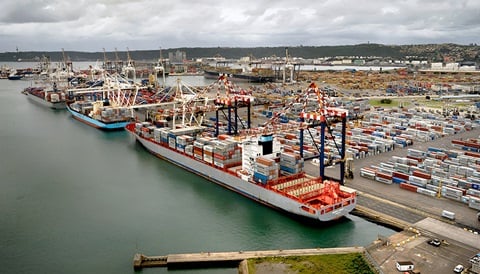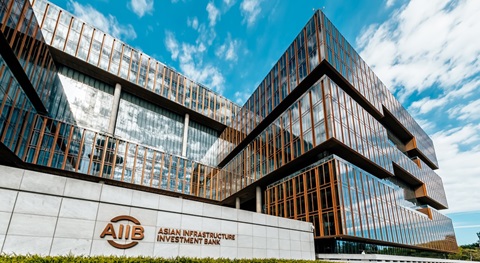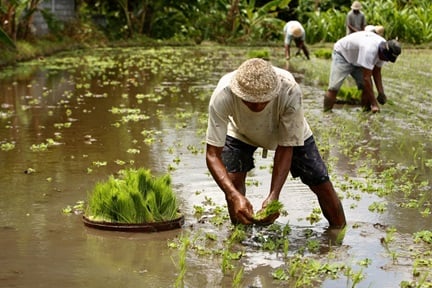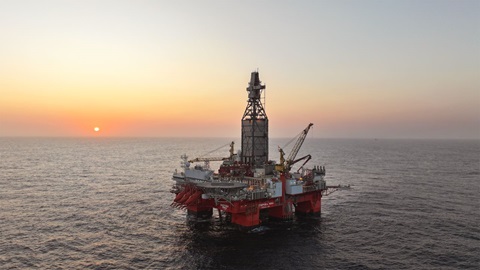South Korea pledges US$28.6m to boost African power sector
This new funding complements an earlier US$600m co-financing agreement with the African Development Bank (AfDB)
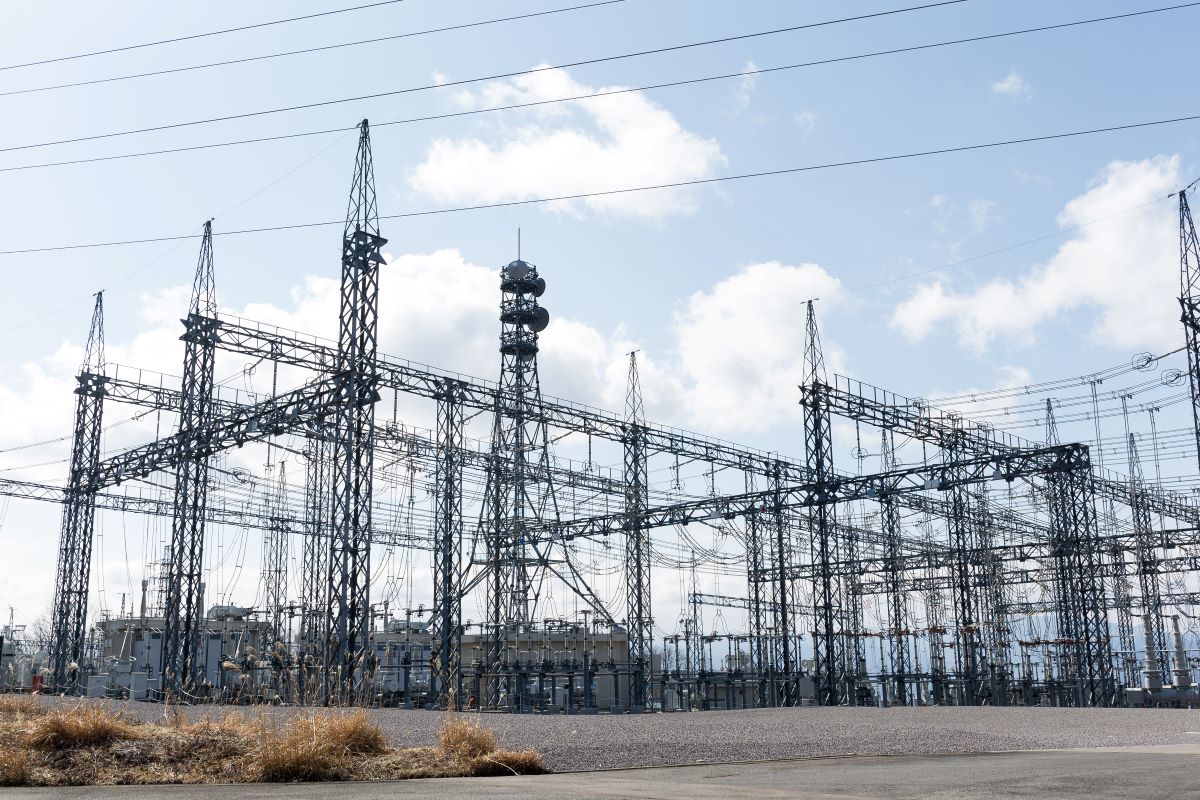
South Korea has pledged US$28.6m to the African Development Bank (AfDB) to enhance energy access. This funding complements the 2021 Korea-Africa Energy Investment Framework (KAEIF) under which Korea has committed to co-financing US$600m for energy projects. The KAEIF places a special emphasis on renewable energy solutions in Africa, covering generation, transmission, distribution, off-grid and mini-grid systems, policy and regulatory adjustments, energy efficiency, and clean cooking projects.
The energy sector has seen notable Korean involvement in Africa in recent years. In 2022, Korea Hydro & Nuclear Power (KHNP) secured a deal valued at roughly US$2.25bn to supply materials and assist in constructing four nuclear reactors in Egypt. The project, whose construction began in 2022, is being developed by the Russian state energy corporation Rosatom and will produce 4.8GW. Earlier this year, officials from KHNP also visited Uganda to discuss the potential of building two nuclear power stations in the East African country. Earlier this month (Sep), the Korea Electric Power Corporation (KEPCO), inked an agreement with South African electricity utility Eskom for the maintenance of 16 thermal and nuclear power stations, valued at US$634m.
Speaking at the Korea-Africa Economic Cooperation (KOAFEC) conference in Busan, AfDB president Akinwumi Adesina highlighted Africa's vast, yet largely untapped, renewable energy resources. While Africa claims the world's most significant solar potential at 11TW, a mere 1% is utilised. From its 350GW of hydro sources, only 7% is harnessed; of its 115 GW wind potential, just 2% is employed; and from 15GW of geothermal reserves, a scant 2% is developed. Hyosung Heavy Industries was contracted last year by Eskom to construct utility-scale energy storage facilities designed to store energy derived from renewable sources in South Africa.
At the conference, Korean investors were also urged to consider investing in manufacturing solar panels and its associated equipment in Africa rather than just selling it. Indeed, Africa is now seen as a compelling investment destination for battery manufacturing. Korean conglomerate LG has signed an agreement with Chinese lithium producer Yahua to produce battery-grade lithium hydroxide – essential for the manufacturing of EV batteries – in Morocco. South Korea sees increased engagement in Africa as an opportunity to diversify supply chains, penetrate new markets. While Korean electronics, cars and household goods are widely used and traded across the continent Seoul has taken some notable steps to ramp up its trade relationship with Africa in recent years. Although Africa still only accounts for 2% of its total global trade, in 2022 bilateral Korean trade with Africa surged by 29%, reaching over US$20bn.
References
‘Eskom appoints service providers for its battery energy storage project’, Eskom, 19 July 2022
‘Korea's nuclear reactor export bids gain traction in Africa’, The Korea Times, 10 January 2023
‘LG Energy Solution signs deal with China's Yahua on lithium supply in Morocco’, The Korea Times, 05 April 2023
‘China isn’t the only Asian country expanding its trade with Africa’, Atlantic Council, 31 July 2023
‘S.Korea wins $2.25 bln order to build nuclear power plants in Egypt’, Reuters, 25 August 2022
‘Korea expanding nuclear power plant equipment exports to Egypt, Romania’, Business Korea, 30 August 2023
‘African Development Bank Group, Korea sign $28.6 million in grant agreements to support Africa’s development’, African Development Bank Group, 14 September 2023
‘Adesina to Korean investors: Africa is the leading market frontier with huge untapped potential’, African Development Bank Group, 15 September 2023
‘KEPCO KPS secures third consecutive contract in South Africa’, Business Korea, 18 September 2023


